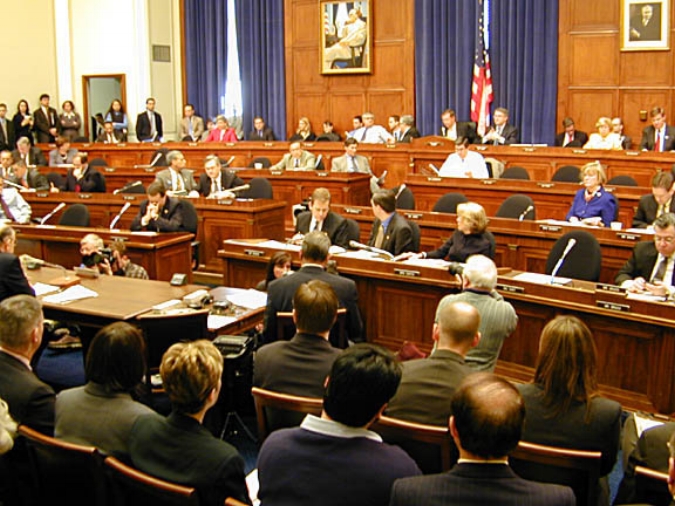Can Member Characteristics Predict Committee Oversight Activity?

By Brian D. Feinstein
Facebook CEO Mark Zuckerberg’s testimony before Congress last week drove home the gulf in outlook between Silicon Valley and Capitol Hill. Companies like Facebook and its partners collect reams of information on users, and then sell that information to entities—some benign, others more nefarious—that use it to predict our susceptibility to their products or messages. Facebook’s human resources department even uses predictive analytics, inputting various characteristics about job applicants and current employees into an algorithm to determine, for instance, which individual should lead a particular project.
That notion—that staffing decisions can be grounded in data analytics that predict behavior—has largely passed Congress by. Committee assignments and leadership positions are determined via some combination of fundraising ability, seniority, and member preferences. Needless to say, while these decision criteria serve the parties’ interests and members’ self-interest, they do not promote a powerful or effective Congress.
Predicative analytics offer an alternative. In a recent article for the Wayne Law Review Symposium on Congressional Oversight in the 21st Century, I take a first stab at exploring the connections between committee chairs’ characteristics and oversight activity. The idea here is that, if there are certain traits associated with attention to oversight, a steering committees that’s interested in enhancing Congress’s role in governance could look for those characteristics when selecting committee chairs. (I focus on committee chairs—rather than, for instance, the committee’s entire membership—because of the chair’s privileged position in deciding whether to hold a hearing.) Accordingly, I develop and test four hypotheses concerning how certain key characteristics of committee chairs—namely, their legislative activity, seniority, electoral security, and prior professional experiences—may be associated with their oversight activity.
I find, first, that more vigorous lawmakers are more dogged overseers. Chairs that introduce many bills—and chairs that do so successfully, shepherding their bills into law—tend to hold a lot of oversight hearings. Each additional bill that the chair introduces is associated with a 1.4% increase in the number of oversight hearings held that year. That may seem like a modest increase, but consider that the average chair introduces 25 bills per year. Moving up one standard deviation (to 42 bills per year) is associated with holding 24 more hearings per year. That’s not so trivial.
Second, seniority matters. Each additional term of House service for the chair is associated with a 5.3% increase in oversight hearings per year for that chair’s committee. Perhaps more senior legislators tend to conduct more oversight because their longer tenures in office enable them to master the specialized skills that oversight requires.
Third, chairs that recently faced a competitive election will conduct more oversight (although the substantive size of the effect here is modest). Perhaps members in competitive districts are more likely to find, all else equal, that the credit-claiming and position-taking opportunities associated with oversight hearings outweigh their attendant costs.
Finally—and contrary to my expectation—we cannot reject the null hypothesis that experience as a prosecutor, or, more generally, training as a lawyer, has no connection with oversight activity. One might expect to see a link between these past professional experiences and oversight activity, because the skillset involved in oversight—e.g., issuing document requests, interviewing or deposing individuals, examining witnesses in a public forum—resembles that of a litigator preparing for and participating in a trial. The data, however, do not bear out this hypothesis.
The bottom line: a steering committee interested in enhancing Congress’s oversight role would do well to appoint legislative “workhorses,” more senior members, and members facing competitive elections to oversight-focused panels. (And, more cynically, a steering committee interested in burying the executive branch’s misdeeds should do the opposite.)
Of course, the traits I examine barely scratch the surface of legislator characteristics that may be associated with oversight work. So consider the article as a demonstration project—there’s plenty more that can be done.
Brian D. Feinstein is a lecturer in law at the University of Chicago Law School.
| Topics: | Committees & Caucuses Oversight |
| Tags: | Brian D. Feinstein |
